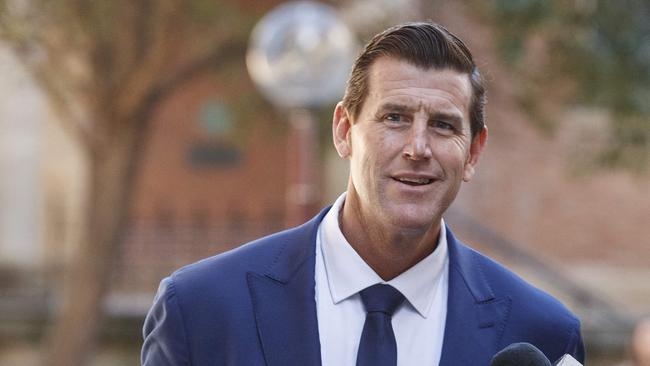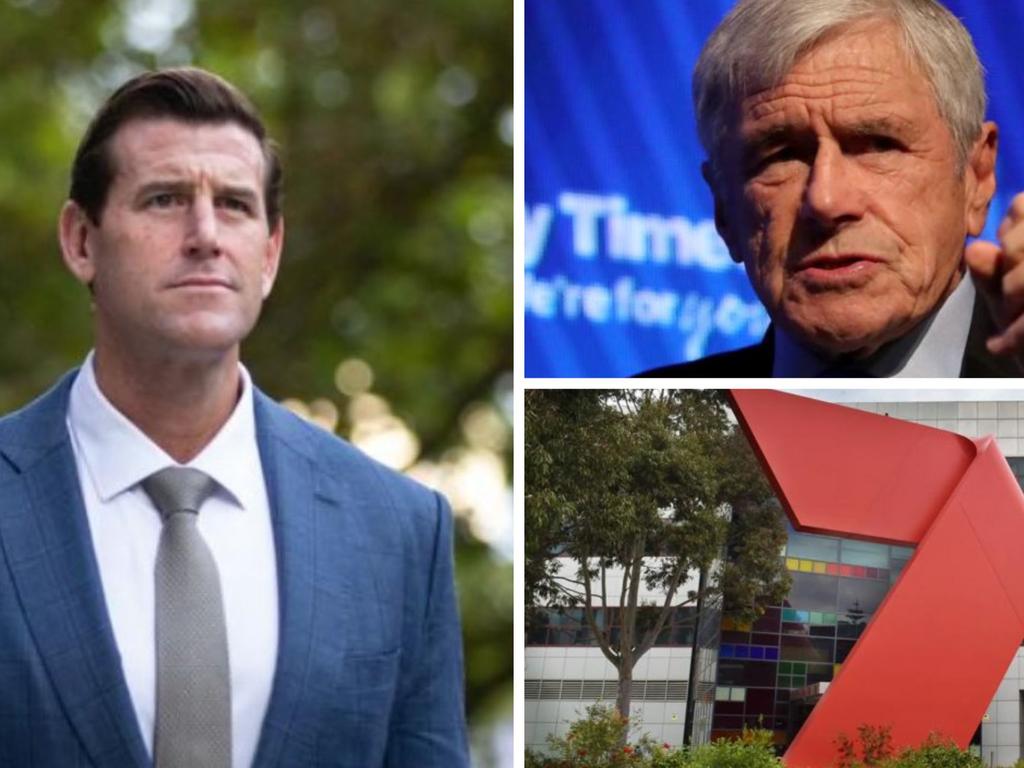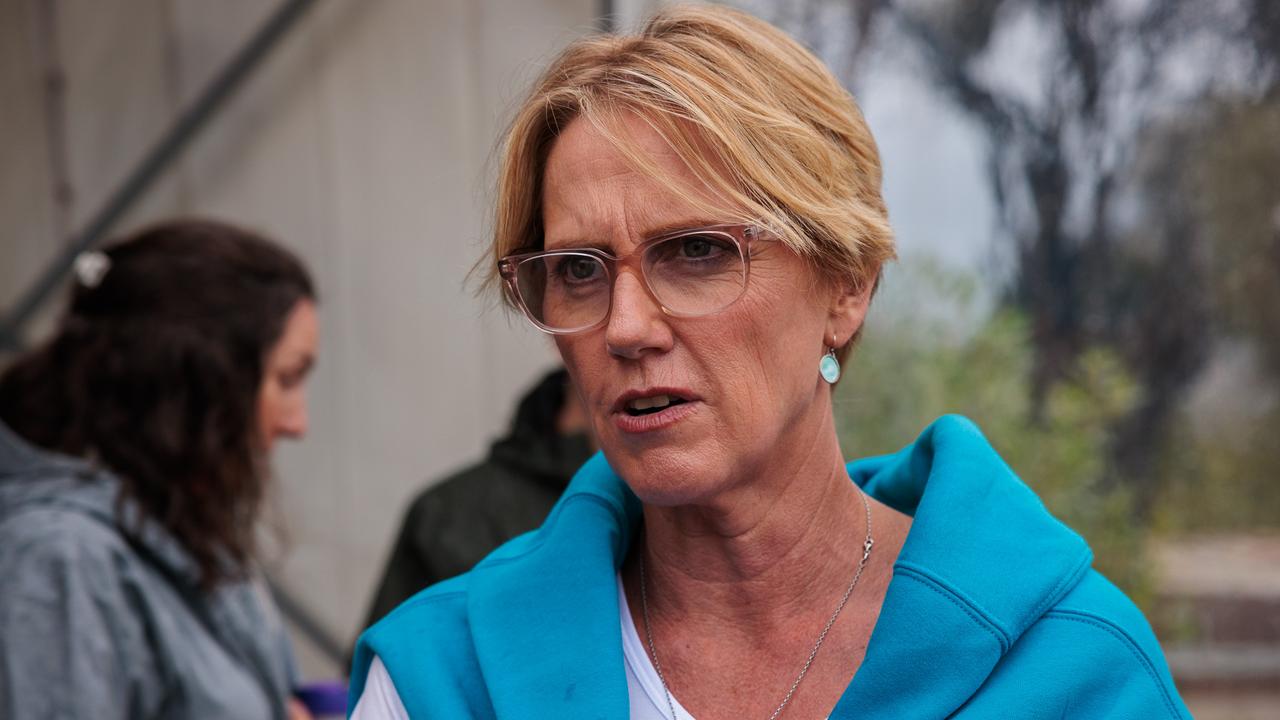Ben Roberts-Smith fights to stop ‘sensitive information’ coming out in appeal
Lawyers for decorated soldier Ben Roberts-Smith are working to avoid the ‘inadvertent leakage’ of sensitive information collected during an inquiry.

Lawyers for decorated soldier Ben Roberts-Smith are working to avoid the “inadvertent leakage” of sensitive information collected during an inquiry into various Australian soldiers’ conduct in Afghanistan.
The Victoria Cross recipient is appealing a defamation ruling in June that he had taken part in the murder of unarmed detainees in Afghanistan, arguing that judge Anthony Besanko made errors of fact in finding that the veteran was involved in the killings.
As part of these proceedings, the federal government has applied for the Australian Federal Police and the Office of the Special Investigator to obtain copies of sensitive documents that made their way onto the court file during closed court proceedings in the failed defamation trial.
In a procedural hearing on Monday, Mr Roberts-Smith’s solicitors fought to stop “certain categories of information” on the file being granted.
Their concerns were partly based on the fact that two five-year-long investigations into the conduct of soldiers in Afghanistan were recently discontinued by the AFP and replaced by fresh inquiries with new police investigators.
The court heard these were two of 33 active investigations, with an unknown number of suspects, into allegations of criminal activity of soldiers in Afghanistan between 2005 and 2016.
“So something has occurred that requires those two investigations to be discontinued and a whole new team to be put in place”, barrister Luke Livingstone SC told the Federal Court.
Mr Livingstone suggested the investigations were discontinued because the information may have been inadmissable if it was gathered through the “coercive powers” that are allowed in inquiries such as the Afghanistan probe by the Inspector-General of the Australian Defence Force (IGADF). These “coercive powers” can compel individuals to produce documents or information.
However, the coercive material is protected under “use immunity”.
Mr Livingstone said some of the sensitive material included an un-redacted copy of Mr Roberts-Smith’s “potentially affected person” notice, as well as IGADF inquiry transcripts of Person 11 and Person 24, who gave evidence in the defamation hearings.
“Obviously we’re concerned not just about (Mr Roberts-Smith’s) immunities but … any suspect who gave information under compulsion to the IGADF inquiry,” Mr Livingstone said.
The federal government barrister Jennifer Single SC argued it was “very unlikely” the sensitive court file would have protected information from the IGADF’s Afghanistan inquiry, and that it wouldn’t apply for access to IGADF transcripts.
She also said there was an assumption from Mr Roberts-Smith’s team that the Office of the Special Investigator would not be conducting its job correctly as it has a “robust process” to avoid a leak of protected information.
As part of his wider appeal, Mr Roberts-Smith argued Justice Besanko “did not adequately deal with the improbability that there was as widespread conspiracy to conceal the truth” among the SAS soldiers at Whisky 108 concerning the executions alleged by the Nine newspapers.
He also hadn’t addressed why so many “did not report them or do anything about them”, Mr Roberts-Smith argues.
He also argued Justice Besanko “cherry picked the evidence of a witness”, Person 41, the only SAS member claiming to have personally witnessed an execution, despite multiple soldiers said to have been present when two Afghan males emerged from a tunnel, and did not “adequately explain the basis for doing so”.
“It is improbable that none of the other of the Respondents’ witnesses observed it,” the appeal statement reads.
Nine will oppose the appeal.
Billionaire media mogul Kerry Stokes is understood to be funding the appeal, which could cost at least $1m on top of the more-than $30m already spent by both sides on the case.
The matter will return to court on Friday. The appeal is expected to be heard in February.






